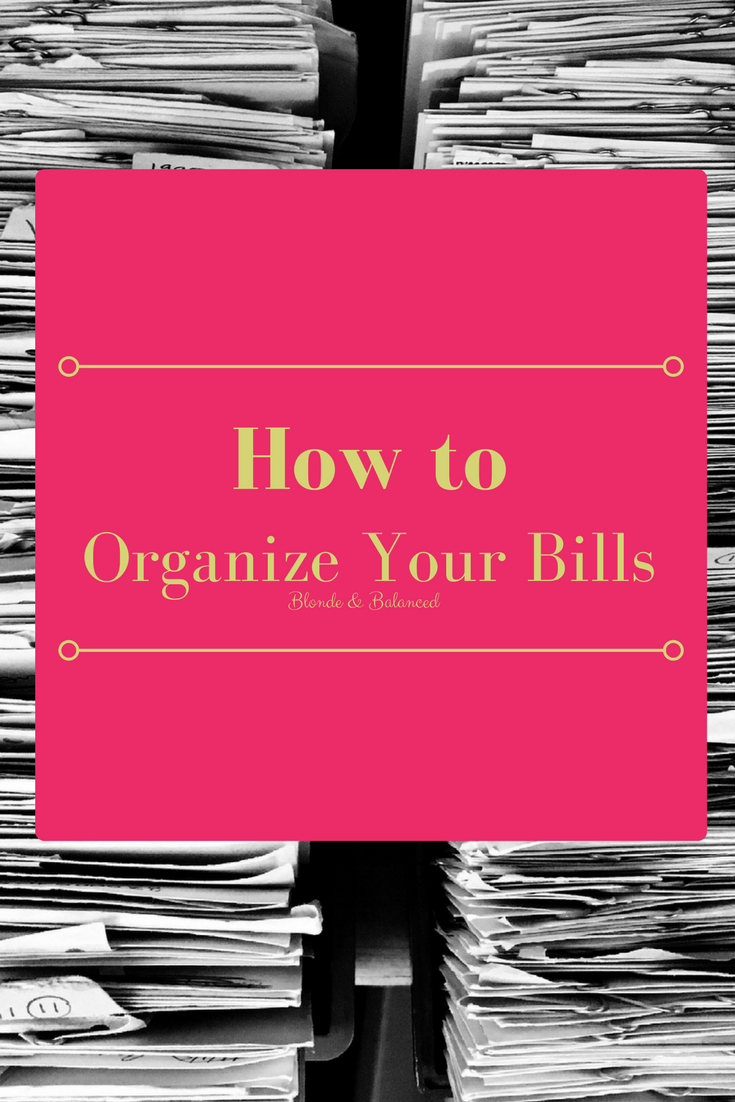Ever forget to pay a bill on time then receive a second notice in the mail to find that late fees or penalties have been applied? These fees add up, and if you forget often, these fees can add up to hundreds of dollars each year. If the reason you paid late is because you were disorganized and didn’t know the bill was due, then that extra fee is money you didn’t really need to spend.
We’re overloaded these days with junk mail, sales pitches, magazines, and catalogues, it’s no wonder a bill gets misplaced. Even if you have a place for the bills to go when they arrive, busy schedules can lead to forgetting when something is due. It’s time to stop paying those late fees and set up a system that works so you can get all your bills paid on time.
Everybody’s different and like to organize differently, so one general system won’t work for everyone, but these suggestions will help you develop a system that works for you.
When you receive a bill, only one of two things should be done:
- Open it, pay it immediately (or within a day) either online or by sending it in, then file your copy away. If you pay it through an automatic bill pay set up in with your bank, you only need to record it in your check register and file it. Getting it handled quickly means you won’t be paying it late so you’ll avoid any fees.
- If it’s not due yet or you’re not going to pay it right away, you still need a place for it so you don’t lose it. Look for the due date, write it on your calendar a few days in advance of the due date, then put it in a “To Pay” file. This way, you’ll see the due date approaching on your calendar so you won’t forget about it.
Here are a few bill paying tips that will help you avoid late fees and stay organized:
- Have a designated area to keep all your bills so they’re all together in one spot. A file folder or box work great, or create your own personal filing system, just have one.
- If a payment due date doesn’t work with your pay schedule, ask to have it changed. Did you even know you could request this? Call your utility companies or lenders and ask for a change in your due date so that your bills can be spread out over the month instead of having several of them due at once.
- Limit the number of credit cards you carry. Especially if you use them for the reward points. Keeping track of too many cards and having too many payments due each month could put you at risk of paying late. And if you do, a late payment could easily void the reward points you’ve earned that month.
- Communicate with your spouse. Even if only one of you handles paying the bills, the other should always know what your financial situation looks like and what you both owe. Should anything happen to keep you from paying the bills for a period of time, at least someone else would easily be able to step in and get them paid.
Staying organized with your bills will not only help you save money on late fees, it will also keep your credit score looking good.








Calendar reminders are a great idea, and this day in age you can get e-mails or notifications on your phone that will alert you to an upcoming due date as well.
For years, I kept our household bills filed in file folders. When bills arrive, I place them in a box on my desk. Once a week I schedule time to open them.